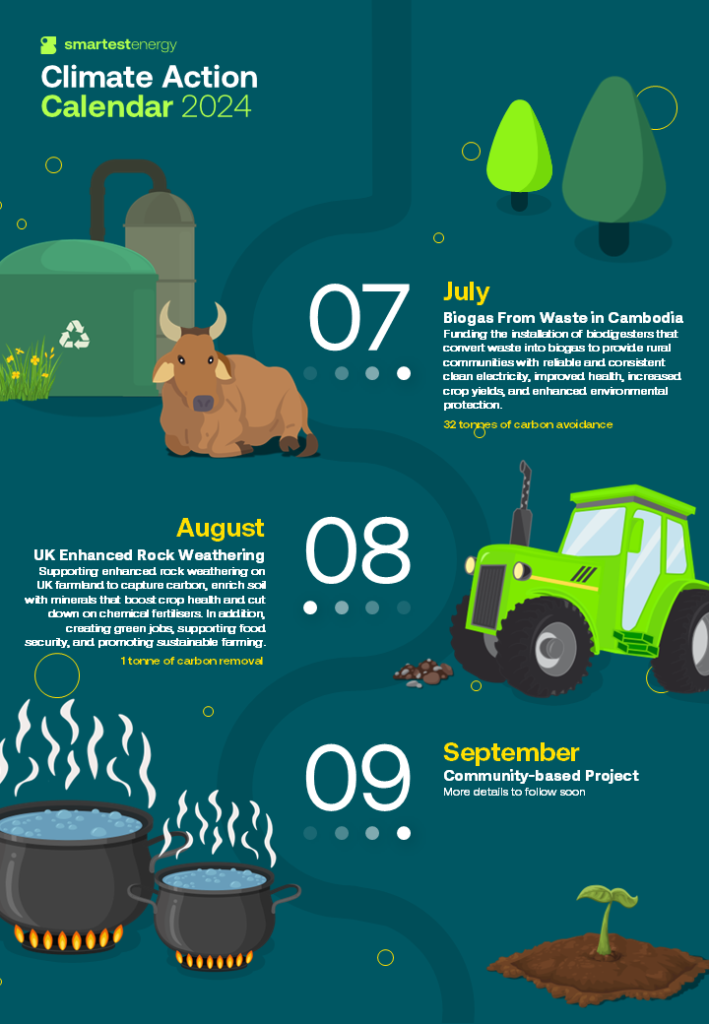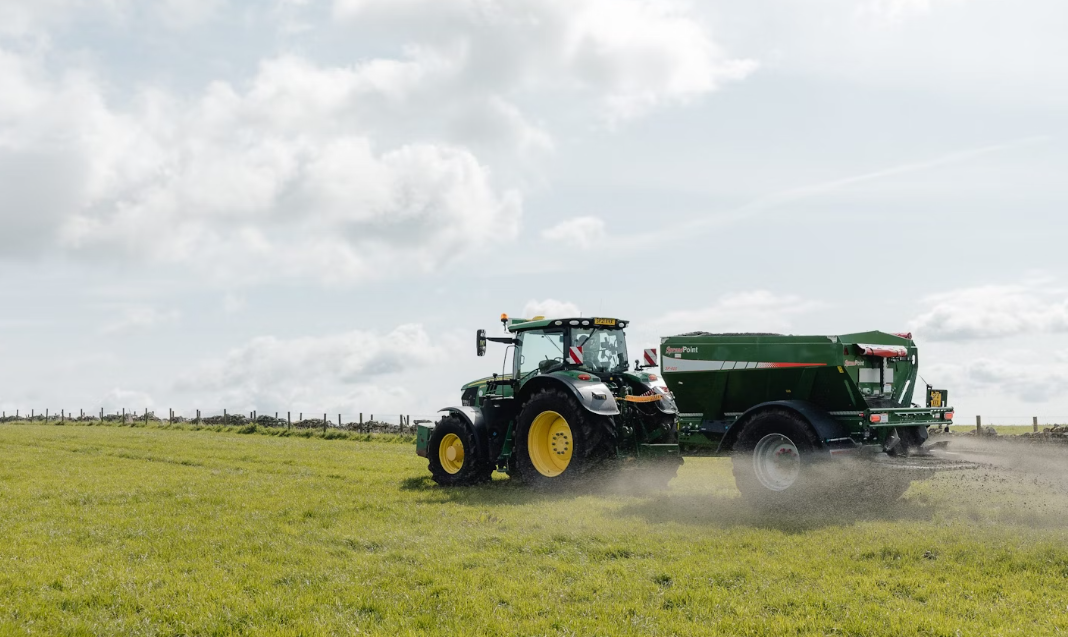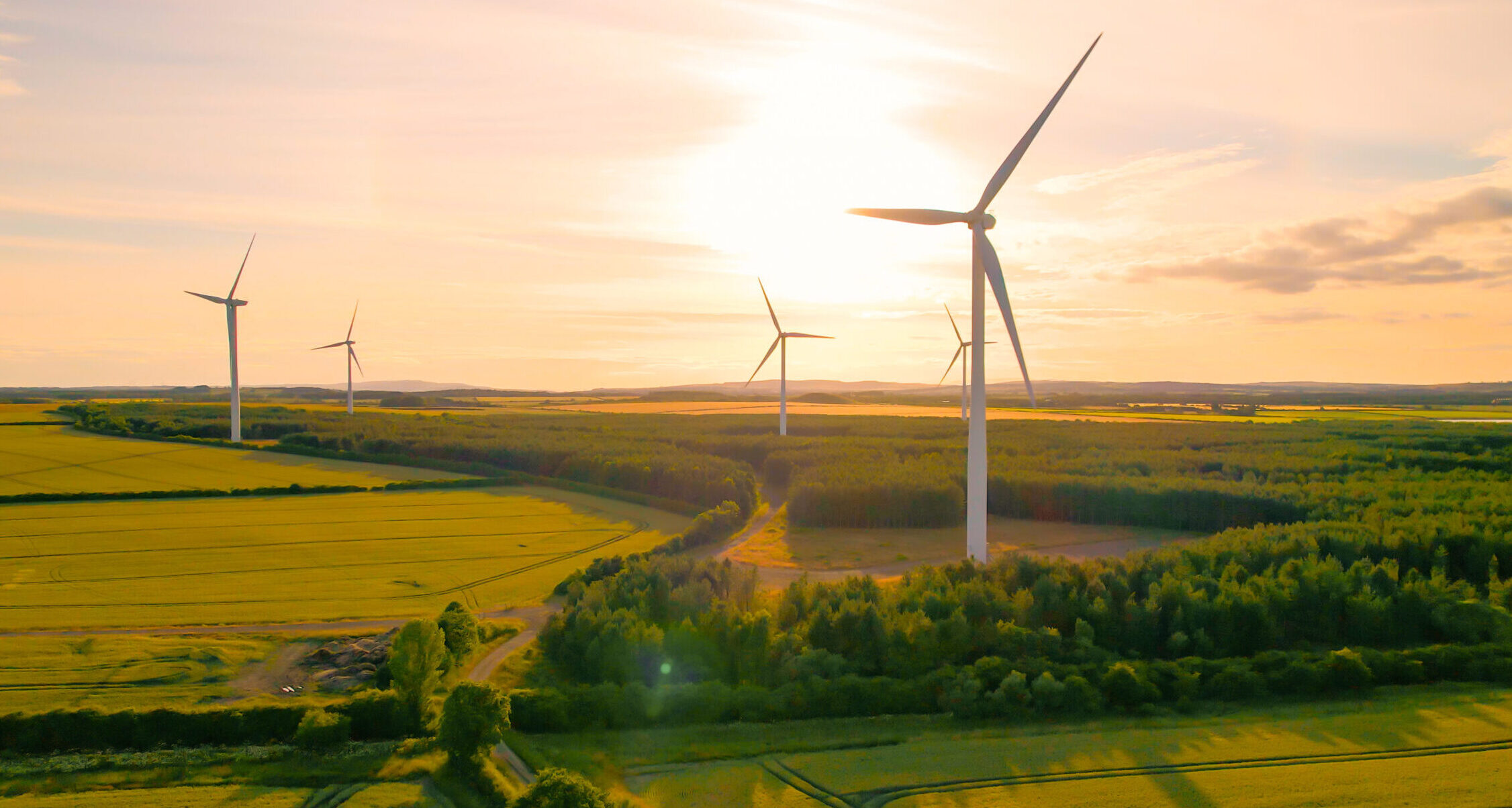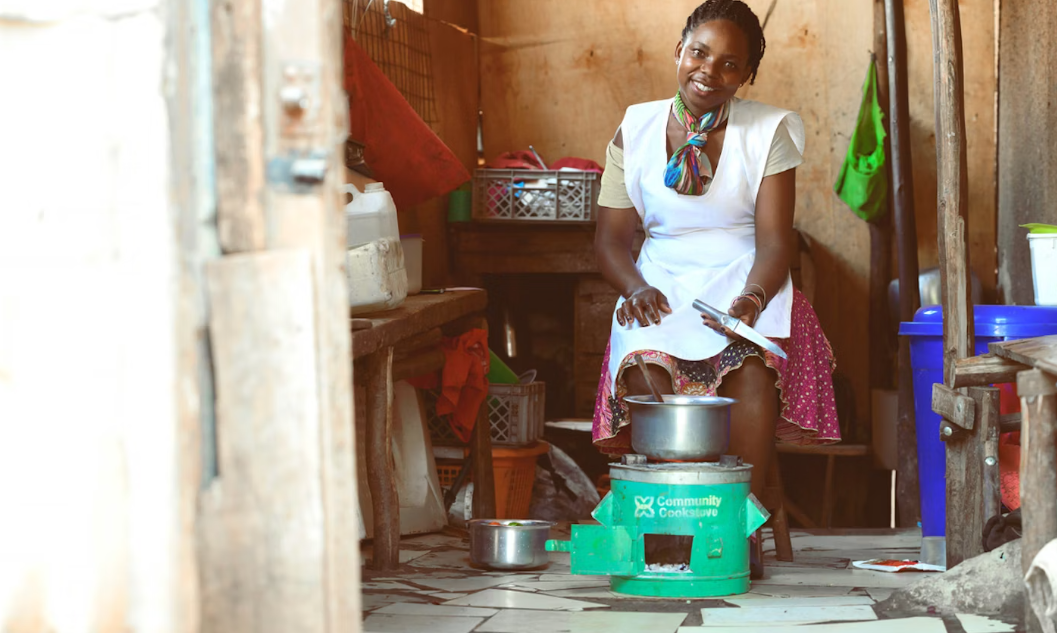What Is Enhanced Rock Weathering?
Enhanced rock weathering accelerates a natural process where rocks gradually absorb carbon dioxide from the atmosphere. In this technique, crushed silicate rocks, like basalt, are spread across agricultural lands. When rainwater interacts with these rocks, a chemical reaction occurs that traps carbon dioxide as a solid bicarbonate while simultaneously releasing essential nutrients into the soil. This process, which naturally occurs over millions of years, is fast-tracked by increasing the surface area of the rock through crushing, leading to more efficient carbon dioxide capture.
This dual-action technique benefits both the climate and the agricultural sector. As the rock dissolves and absorbs carbon dioxide, it also enriches the soil with valuable minerals and nutrients, improving soil health and boosting crop productivity. Landowners who adopt this practice can see stabilised soil pH levels, increased crop yields, and enhanced pest resistance over time.

A Path To Removing 1 Billion Tonnes Of Carbon Dioxide
The enhanced rock weathering project, led by UNDO, aims to permanently remove 1 billion tonnes of CO2 from the atmosphere. Working with farmers in northern England and Scotland, they spread carbon-removing silicate rocks on farmland at no cost to the farmers. So far, 170,000 tonnes of basalt have been spread across 163 farms, removing an estimated 30,000 tonnes of carbon. Research suggests that this method could potentially remove up to 30 million tonnes of carbon dioxide annually in the UK, covering 45% of the country’s emissions. While it can’t replace decarbonisation efforts, it offers a long-term carbon capture solution.

Delivering More Than Carbon Capture
Enhanced rock weathering improves soil by releasing minerals like magnesium and calcium, helping crops grow healthier and reducing the need for chemical fertilisers. It also boosts agricultural productivity, supports food security, and promotes sustainable farming practices. Beyond that, it creates green jobs and involves rural communities in addressing climate change. As the world moves toward a low-carbon future, enhanced rock weathering provides a practical solution with environmental and economic benefits, helping to meet climate goals and build resilience.
Smartest Climate Action – How To Get Involved
Each month, we’ll highlight a different sustainable project on our InfoHub and social media channels. These projects will range from nature-based conservation efforts to community carbon reduction and renewable energy initiatives. You can support these projects and track our progress through our Ecologi impact dashboard here:
Here’s our Climate Action Calendar, showing our climate action efforts from the past, present, and future.




